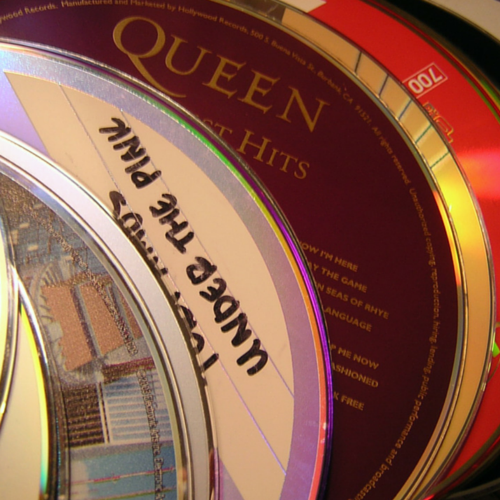Literary Elements for Teens: Song Lyrics
One of the benefits of teaching a co-op class to juniors and seniors is that I am exposed to children that aren’t my own in a sustained, in-person format. I’ve taught hundreds of teens online for four and six week installments, but being able to work with students for an entire year, every week, with their immediate feedback (and even the feedback of their mothers) has given me new things to share about how the writing process grows in teens.
One of the practices I’ve installed in our weekly class is to deconstruct song lyrics every week. I began by modelling how its done using a song by Sting called “Fill ‘Er Up” off of the Brand New Day CD. We looked at the song structure (the way it follows a narrative formula: Action, Background, Development, Climax and Ending – ABDCE). We looked at the alternative names for this kind of structure: Set-up, Build-up and Pay-off.
Then we analyzed some of the metaphors and similes that are in this popular song, the role of nature to create the climax, the change in lyrics, singer and musical style during the pay-off and what Sting’s message is given how he resolves the conflict in the story.
It’s a great little song (a surprising one!) and it works every time to give students a chance to discover how literary elements work (they tend to believe that they are real more readily through song lyrics than in short stories or novels…).
So for the following weeks, each student brought a song to share and prepared to explain the structure (if there was one) and the use of metaphor, symbolism, simile, climax, and so on to communicate a message. We asked, “What is the message of this song?”
Here’s the funny thing. We meet once a week. Most of the kids are getting their work done, but there are at least half of them who are missing at least one assignment. They only have to do the song explication once in the semester and were assigned their dates at the beginning of the course. I never reminded any of them of their due dates. Not a single person forgot his/her date and every single one came prepared and enthusiastic to class with CD and lyrics to be handed out. Every student had something worthwhile to share. For those less able to delve into lyrics, the class supplied what was missing.
This was by far their favorite assignment of the semester.
The most amazing thing has occurred: these students know their literary elements. We didn’t crack a book or read poetry or study a novel. We listened to songs – songs they love and picked themselves. Through that medium, they came to “believe” in the power of literary elements and repeatedly showed me in their writing that they were “catching on.”
If you have the chance to listen to music together – music your teen loves – and can look at the intentional use of literary elements in that song, you will open a door that will not be easily closed.
Julie
Image by Lindsey Turner (cc cropped)


















